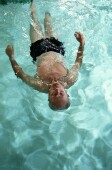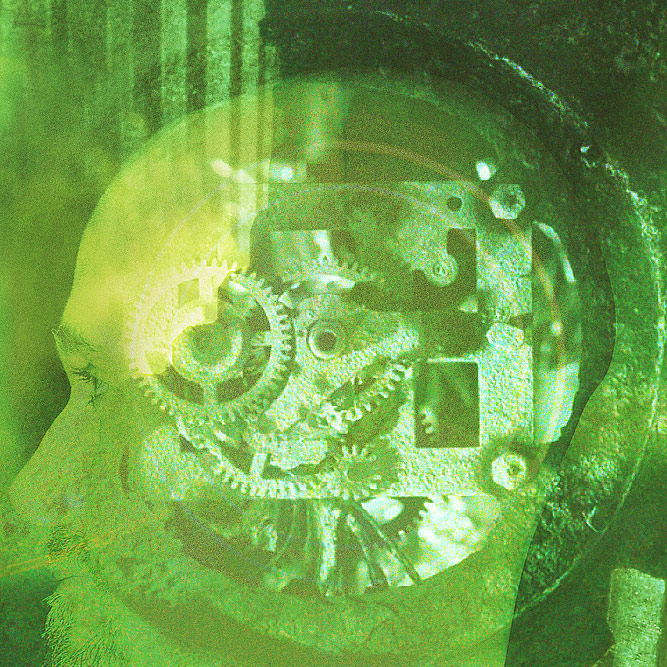
WEDNESDAY, March 11, 2015 (HealthDay News) — Staying physically active as you age may ward off brain damage that can limit mobility, a small study says.
Small areas of brain damage called white matter hyperintensities are seen in MRI scans of many older patients, according to scientists from Rush University Medical Center in Chicago. Higher levels of this damage have been linked to difficulty walking and other mobility problems, the researchers said.
“Preserving motor function is just as important as preserving mental function to maintain independence and quality of life in older age,” said lead researcher Debra Fleischman, a professor in the departments of neurological sciences and behavioral sciences.
“Our results suggest that daily physical activity may be able to protect motor function from age-related injury to the brain,” she added.
The study, published March 11 online in the journal Neurology, involved 167 patients, average age 80.
For the study, Fleischman’s team had participants wear movement monitors on their wrists for up to 11 days. These devices measured exercise and non-exercise activity. Participants also took 11 tests of movement ability, and researchers used MRI scans to assess the level of white matter hyperintensities in the brain.
The researchers found that those seniors who exercised the most, even if they had high levels of brain damage, maintained their scores on the movement tests. However, for those who exercised less, brain damage was associated with lower scores on the movement tests.
The findings held after the researchers adjusted for other factors that might influence exercise, such as weight, depression, and conditions that affect blood circulation.
Dr. Sam Gandy, professor and associate director of the Mount Sinai Alzheimer’s Disease Research Center in New York City, called this an “extremely important” study.
“Virtually everything about Alzheimer’s and other dementia
appears to be mitigated by physical exercise,” he said. “I think that this study serves to make that case even more compelling.”
The bottom line, Fleischman said, is to do some kind of safe and enjoyable movement daily to protect motor function from brain injury that may occur as you get older.
The message she said she gives patients is: “You do not have to be marathon runners.”
Fleischman cautioned that this study does not prove that physical activity directly preserves movement ability, it only shows an association between the two.
Although there are good treatments for conditions that impair movement, such as Parkinson’s disease and arthritis, age-related movement problems are common and often left untreated, she said.
“Until we have a more complete understanding of the biological mechanisms underlying chronic late-life motor impairment, and have developed effective drug treatments to lessen the effects of brain injury on motor function, efforts to encourage an active lifestyle in older adults will be a critical element in meeting this public health challenge,” Fleischman said.
More information
For more about healthy brain aging, visit the U.S. National Institute on Aging.
Copyright © 2026 HealthDay. All rights reserved.

